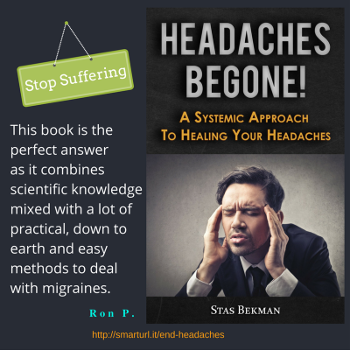Tom Foley's Ghost
Description
This section is from the book "Tales Of The Fairies And Of The Ghost World", by Jeremiah Curtin. Also available from Amazon: Irish Tales of the Fairies and the Ghost World.
Tom Foley's Ghost
There was a man Tom Foley, a farmer who lived at Castlemain, near the Leann River; he had a brother John, who lived eight miles beyond Tralee, on a farm of his own which he had there. The Leann is a great river for fishing; above all, when the weather is favourable.
Tom Foley went fishing once on a cloudy day when it was raining a little. There was a great rise of fish in the river, and Tom was killing a power of them that turn.
The place where Tom was fishing was about seven fields from his house without being in sight of it. The main road was very near the river, and Tom wasn't above an hour killing fish when a man came the way on horseback, and when he saw Foley on the bank he made toward him.
"Is your name Tom Foley?" asked the man.
"It is," said Tom.
"Have you a brother named John? "
"I have."
"Well, your brother is dead; he got a sudden death yesterday. I am his servant man, and I was sent by John's wife to say that you are wanted at the house with-out delay."
"You'd better not go back to-day," said Tom to the man. "There is a great rise of fish in this river; I haven't seen the like since I was born. Stop fishing here after me; you'll have time enough for the funeral to-morrow."
"Leave your overcoat with me," said the man, "and. I'll stop."
Tom gave his overcoat to the man and said, "I'll not mind going home. The clothes I have on will do very well, and do you take what fish I killed and what you'll kill yourself to my house: you'll find the road to it easily."
Tom mounted his horse and rode off. The servant man, who was of Tom's size, put on the coat and was fishing away for a few hours, when, whatever way it happened, he fell into the river and was drowned.
There were two other fishermen on the bank of the river at a distance from Tom. They didn't see the horse coming nor the servant man changind places with Foley, and they thought it was Tom was in it all the time. After a while they looked again, but if they did, they got no sight of a man on the bank.
"It seems Tom has gone home," said one of the men; "there is no rise of fish here, and I'll go fishing the river down before me."
He went down till he came to where Foley's bag of fish was. He knew then that it was not home he went. So he looked into the water, and what should he see but the body at the bottom of the river and Tom Foley's coat on it. He screeched out to the other man then, saying that Tom Foley was drowned.
The other man came and stayed in the place, while the first went with an account to the house and told Tom's wife, Mary, that her husband was drowned in the river. Mary began to screech and lament in a way you'd think the life would leave her. The man ran and collected the neighbours, and went with them and Mary Foley to bring home the corpse.
When the people raised the body from the river, they found the face all eaten by eels: no one could know that it was Tom Foley was in it but for the coat.
Mary began to moan and lament now at sight of the body. "Oh," cried she, "Tom aghraghil, you're gone from me; how can I live without you now. Oh, Tom, my darling, why did you leave me?"
It would bring the tears to any man's eyes to look at poor Mary Foley, and her heart nearly breaking. The neighbours took the body home, and there was a great wake in the Foleys' house that night. The neighbouring women comforted Mary the best way they could.
"Don't be flying in the face of God, my dear," said one old woman; "sure nothing happens in the whole world without the will of the Almighty. It was the Lord took your husband, and you should bear the loss and be resigned; the Lord will reward you."
Next day there was a great funeral, for Tom had many friends and relations. The parish priest himself went to the funeral; he didn't send the curate.
The graveyard was four miles from Tom's village, and on the road home Mary Foley and her three brothers stopped at a public-house, half-way. They were tired, hungry, and dry; in need of refreshment. Mary's brothers had a friend of theirs with them, a man who lived two villages away - a fine, able, strong fellow, and he sat down with the company.
When they had eaten a bite and taken some drink for themselves, Mary was complaining of her lonely condition, and the tears coming out of her eyes. "How am I to live without Tom?" asked she. "Sure everybody will be robbing me. I'll be beggared unless ye do something to help me."
"Yerra, woman, how are we to help you?" said the oldest brother. "We have all we can do to mind our own families."
"That's true for you," said the second brother, "but still and all we can mend the trouble. There is no way for you, Mary," said he, turning to the sister, "but to marry, and the sooner you marry the better. Servant-men will neglect your work; they'll only be taking your money, and eating, and drinking all before them. It's not long you'll have a roof over your head, if it's depending on servant-men you'll be. You must marry, and the sooner the better."
With that the company had another glass.
"Now, Mary," said the brother, "here is the man for you to marry - John Garvey, a friend of mine, and you couldn't find a better husband if you were to wait ten years for him."
Continue to:




